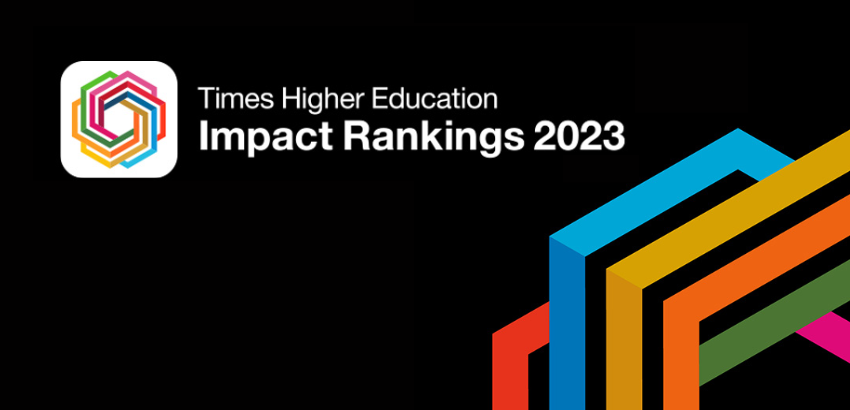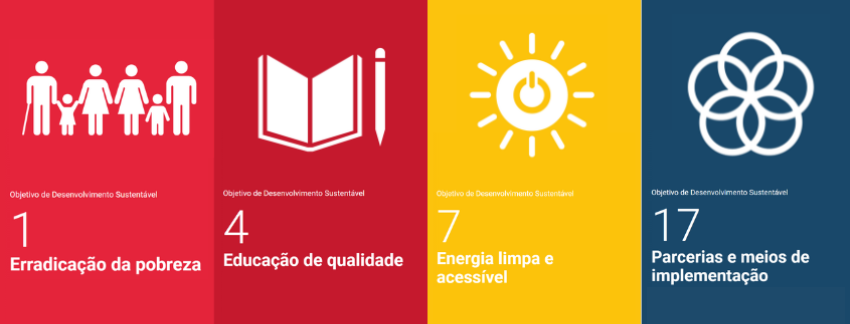The 2023 impact ranking, held by Times Higher Education (THE), was published this Thursday (1) and it evaluates the overall performance of universities regarding United Nations’ Sustainable Development Goals (SDG). This institutional analysis is based on four indicators: research, teaching, extension and administration.
This is the ranking 5th release, and evaluates 1.591 universities from 112 countries. UFOP had the 3rd best performance among institutions in Minas Gerais’ state, getting 65,5 out of 100 in 2023 and improved its score when compared to last year’s. The university takes actions in 7 out of 17 SDGs, focusing on poverty eradication, placing it among the best 200 institutions worldwide on this aspect. Besides that, “quality education”, “clean and accessible energy” and “partnerships and implementation means” are other UFOP highlights.
Eleonardo Pereira, Planning and Management dean, says that UFOP performance on poverty eradication has direct contact with aid policies offered by the university, such as quotas, student accommodation and other policies. About two thousand UFOP students receive financial support currently.
Eleonardo emphasizes UFOP compromise with sustainability, which is included in its Institutional Development Planning (PDI). It is highlighted in that document that the University must establish and affirm itself as a capable institution that contributes to the construction of a fair, diverse and sustainable society. “This is the main institutional objective, and under this administration we have encouraged sustainability as a core axis in PDI. We have been defining our plans taking into account Sustainable Development Goals. Many direct and indirect actions have contributed to them, and that explains UFOP performance on the Impact Ranking.” He concludes.
Although UFOP has improved its overall performance, it dropped in the ranking. However, according to THE, the Impact Ranking is dynamic and grows each year, since incoming institutions seek to participate to demonstrate its compromise to SDGs and show its own improvement. “It is expected and we accept mild changes in the institutions’ rankings (avoid comparing two consecutive years), since Universities keep to lead this urgent agenda”, stated in their official website.
The ranking results from the data submitted. A university total score, in a certain year, is calculated by the combination of its scores at SDGs. The general score, however, is the average of the total score from the previous two years.
Check the ranking here.








